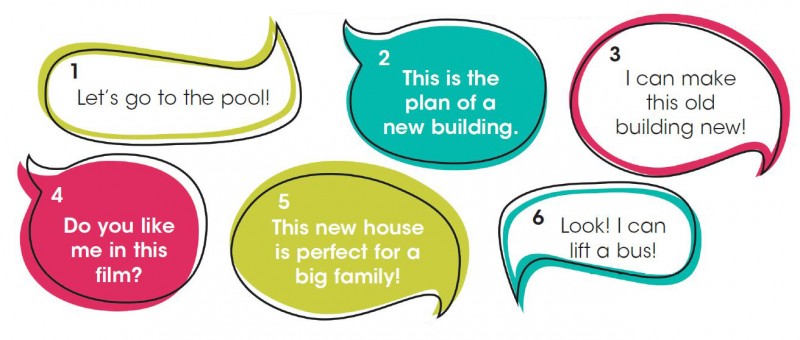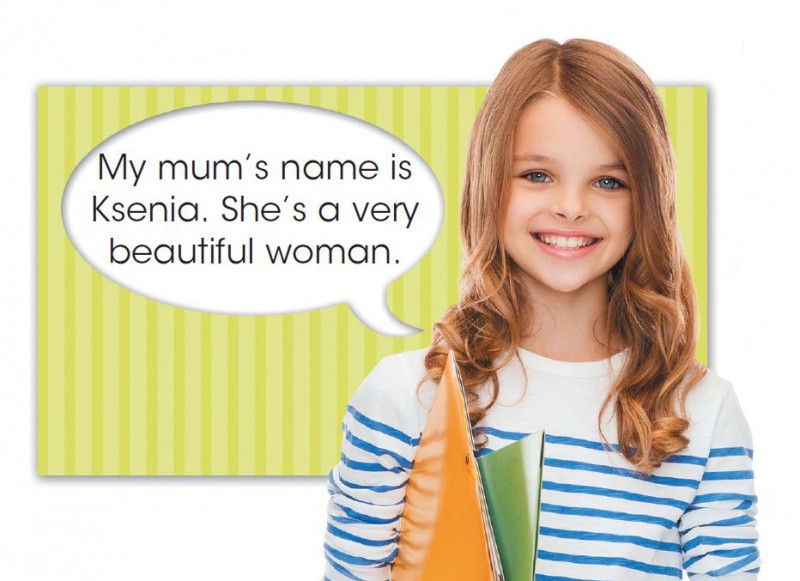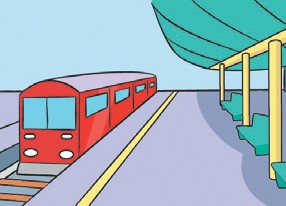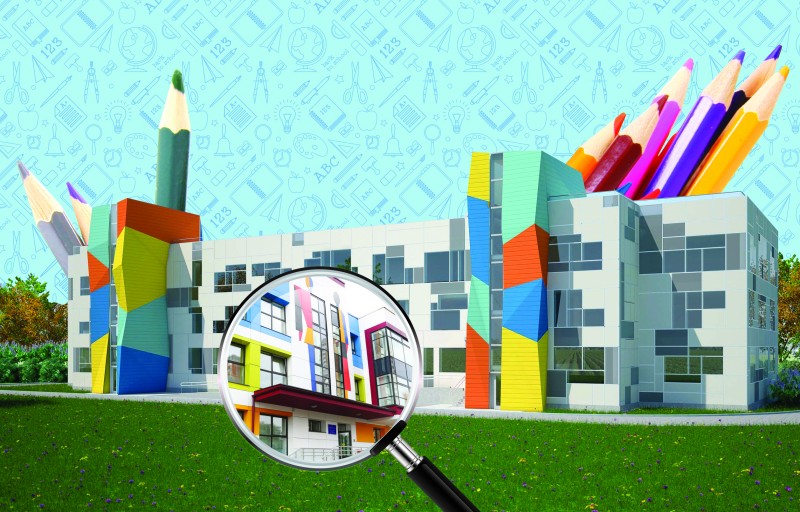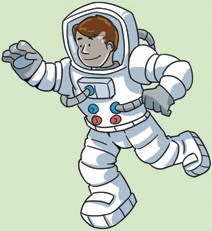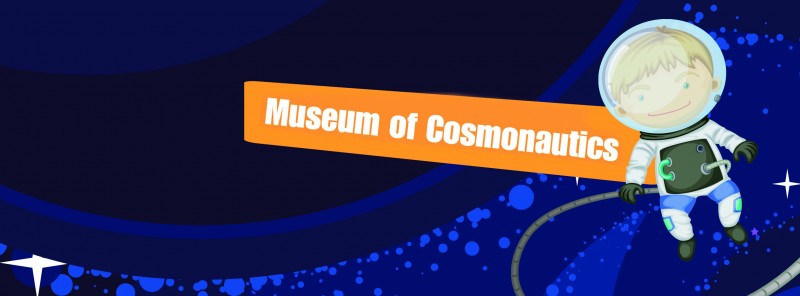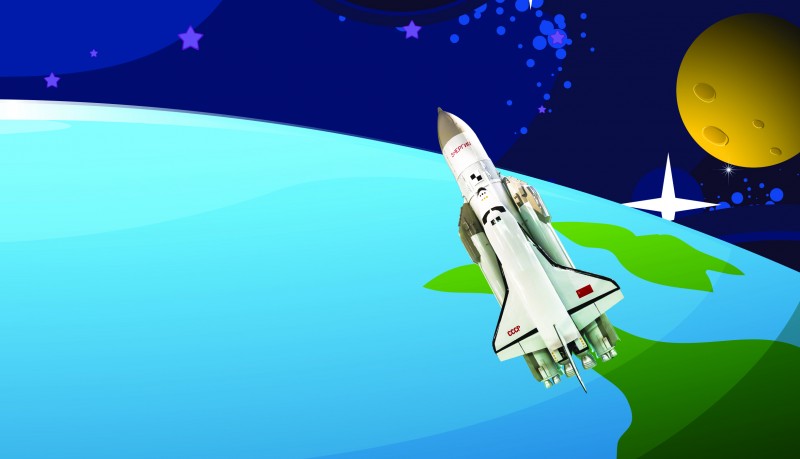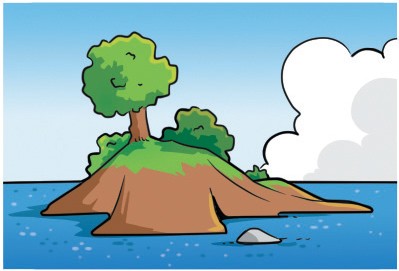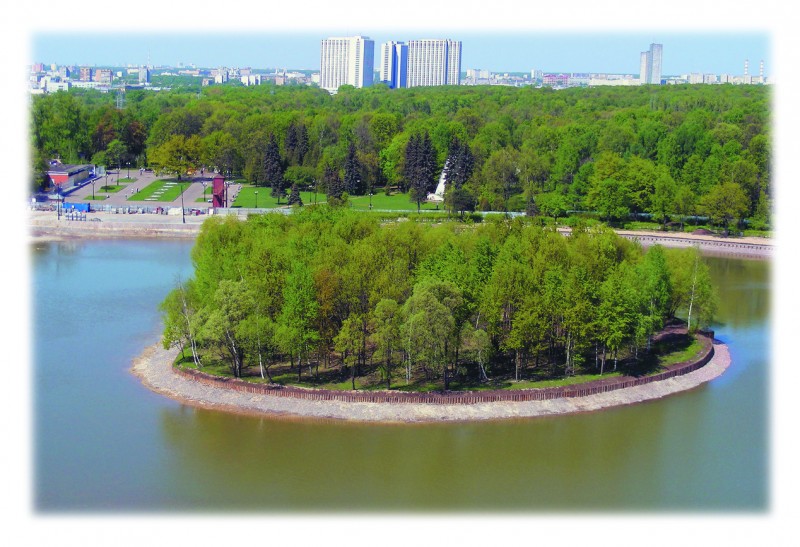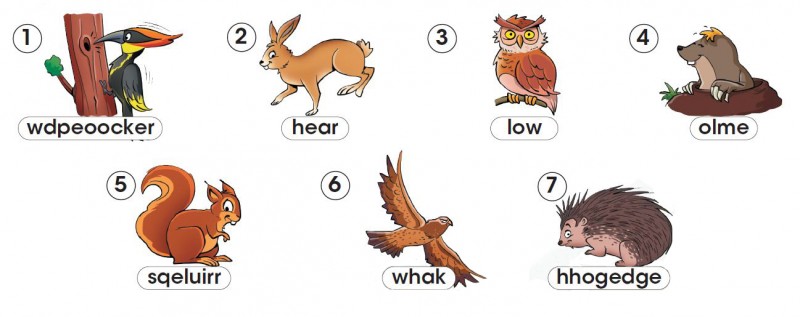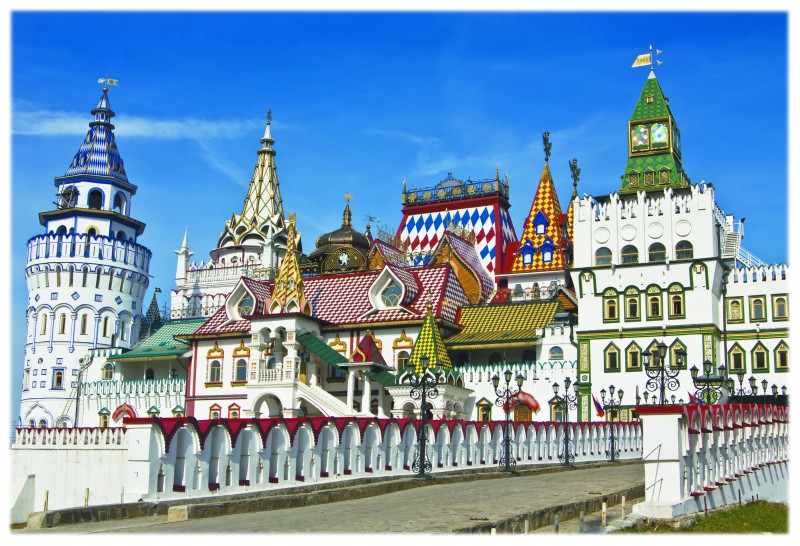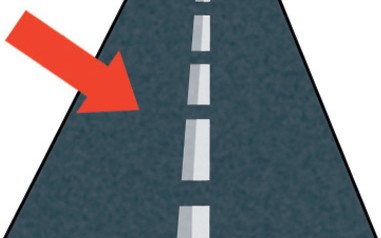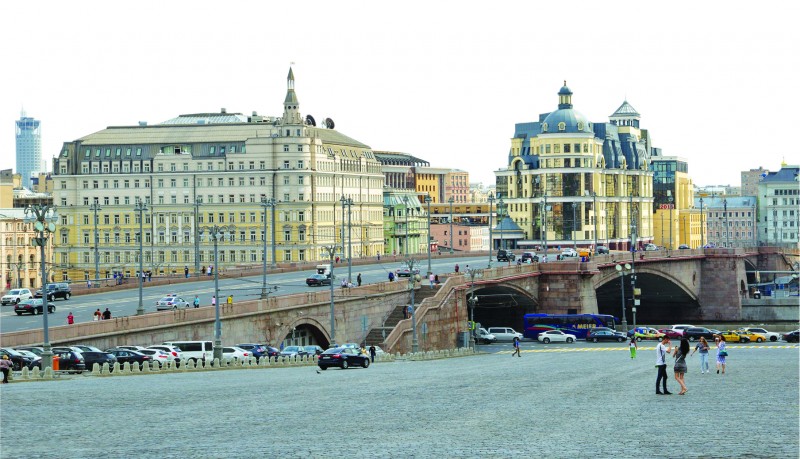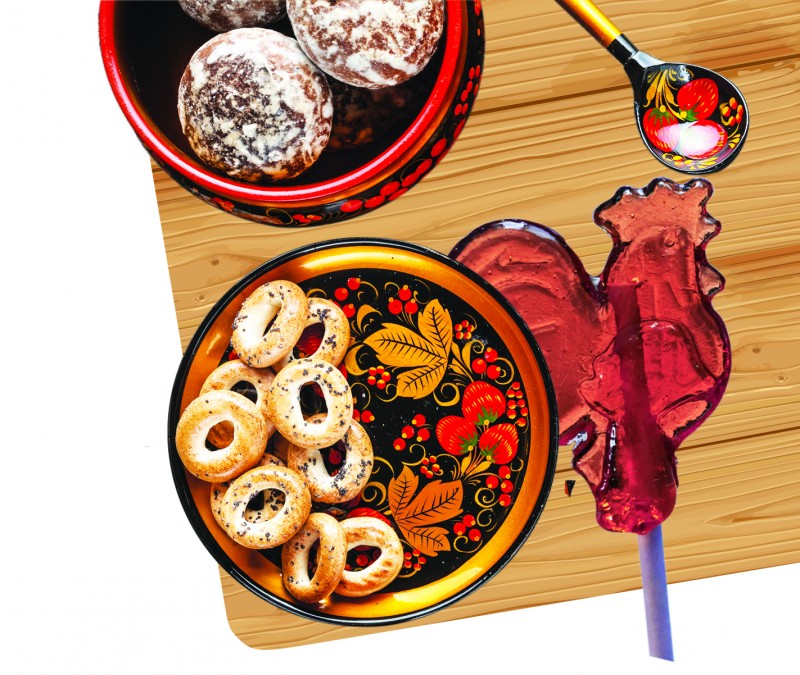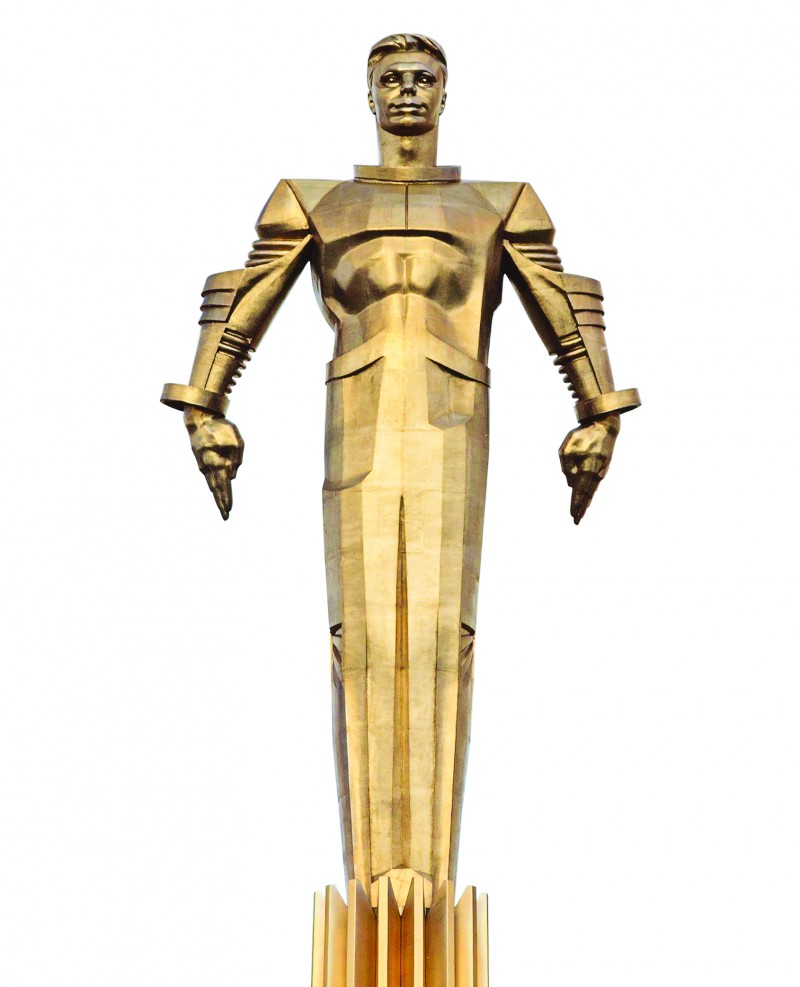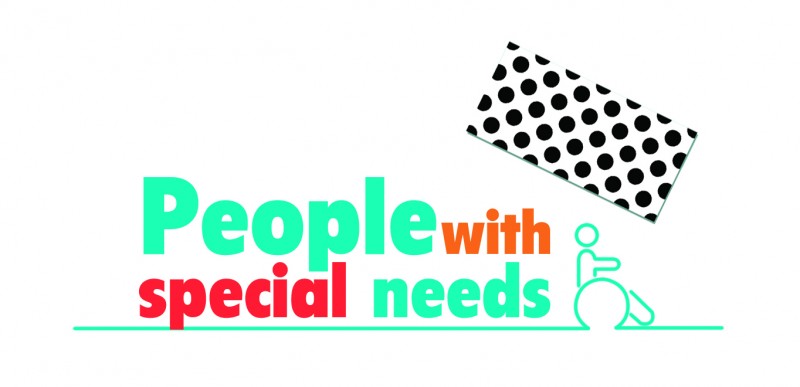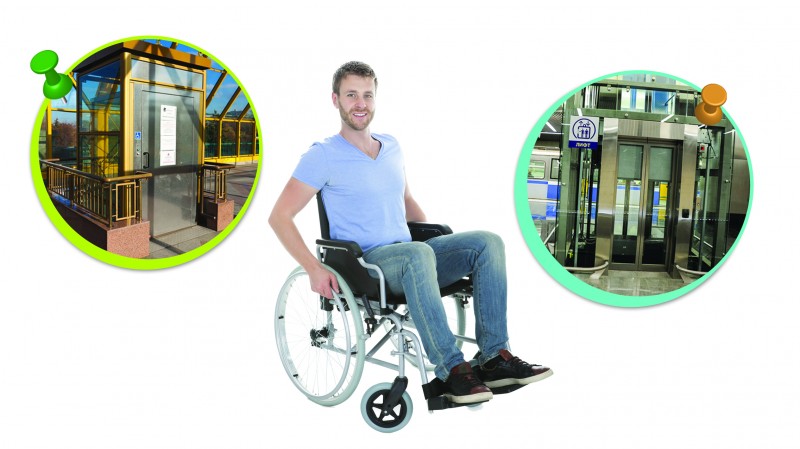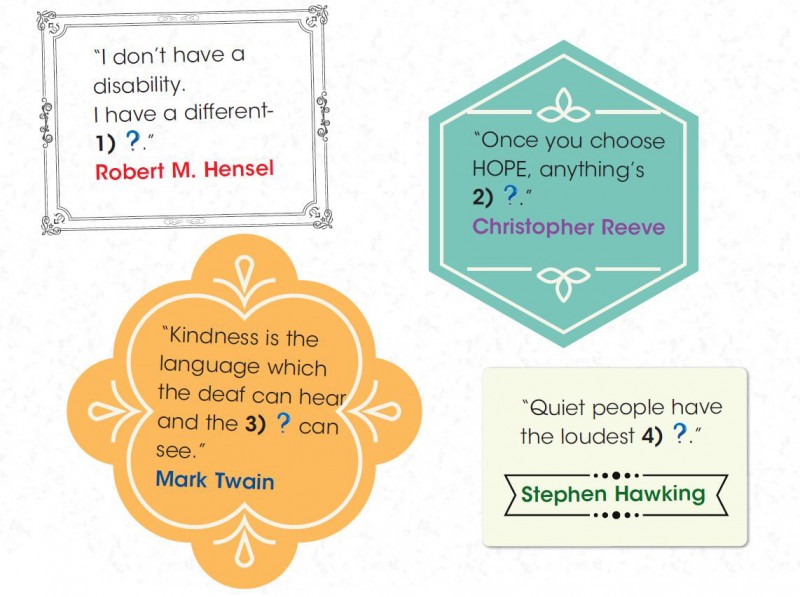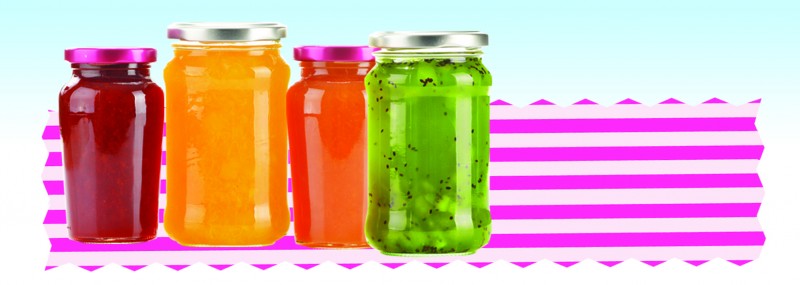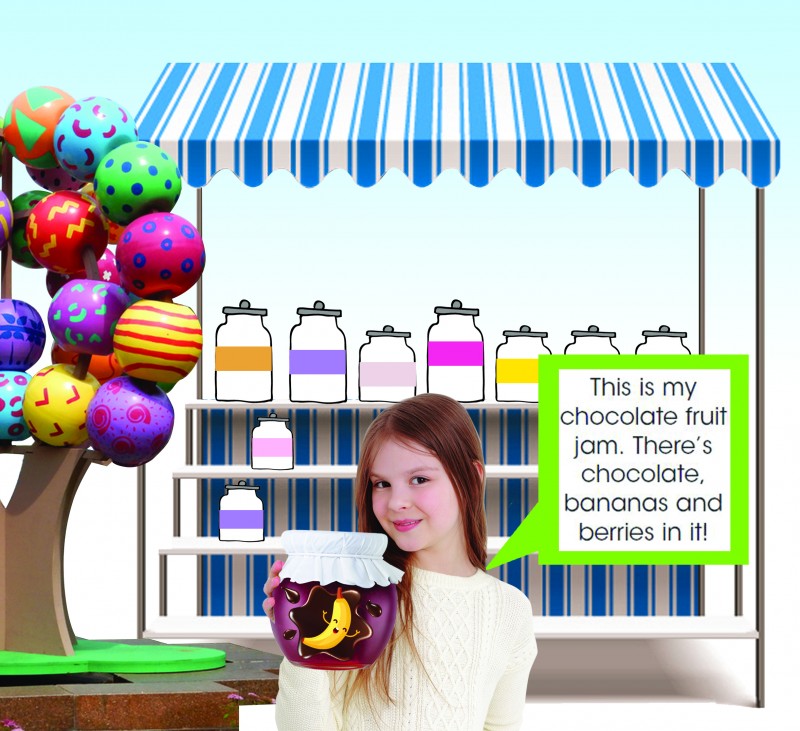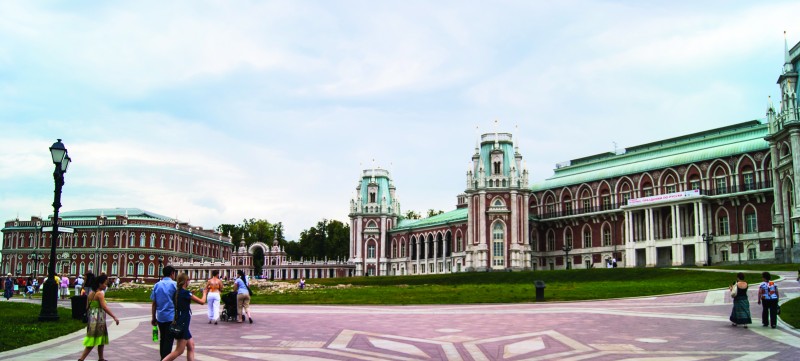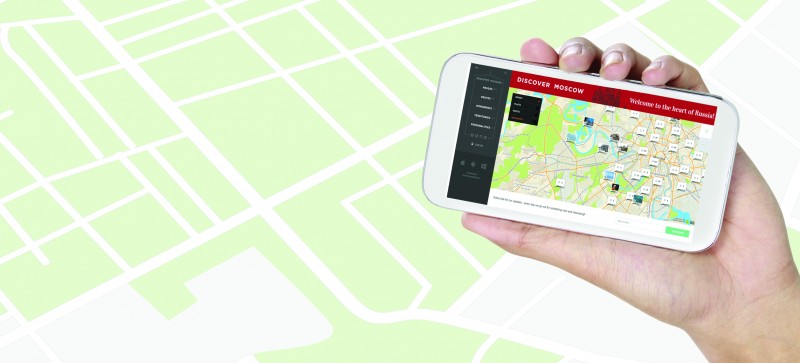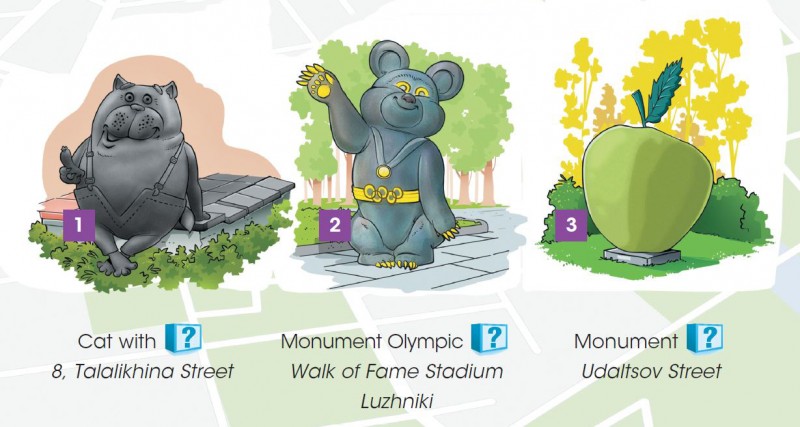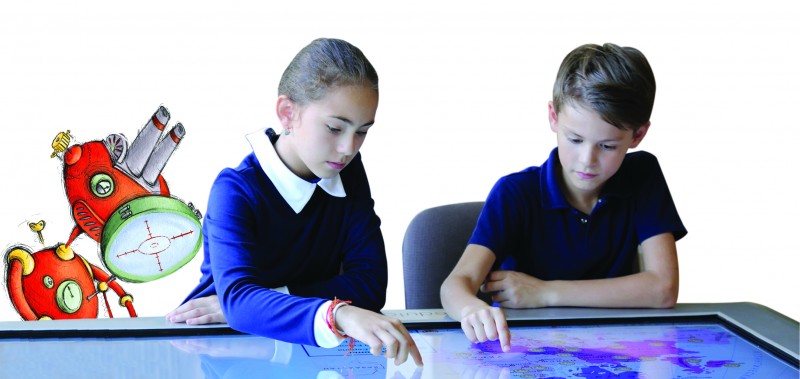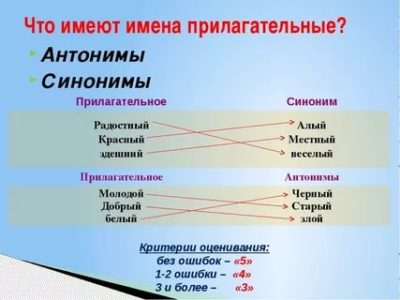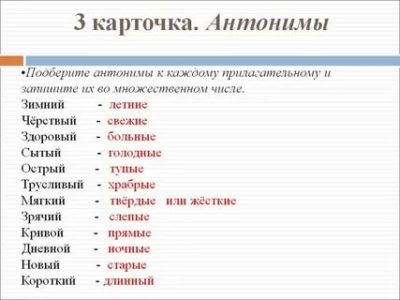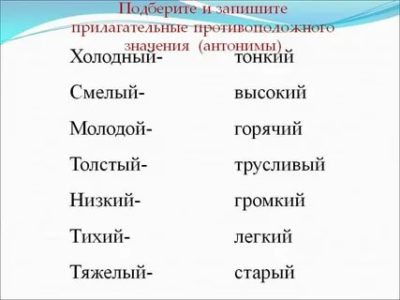Contexts ▼
Adjective
Opposite of exhibiting a difference or not being the same
Opposite of distinct or separate (used for emphasis after numbers or determiners of quantity)
Opposite of the state of being varied or diverse
… more ▼
Adjective
▲
Opposite of exhibiting a difference or not being the same
same
alike
identical
similar
like
matching
resembling
clone
equal
equivalent
indistinguishable
synonymous
twin
akin
analogous
comparable
correspondent
harmonious
homogeneous
homogenous
selfsame
carbon-copy
homological
homologous
matched
mimicking
synonymic
tantamount
carbon copy
recognisableUK
recognizableUS
standardisedUK
standardizedUS
undifferent
copied
consistent
compatible
congruous
uniform
congruent
agreeing
consonant
concordant
parallel
accordant
nonconflicting
kindred
related
conformable to
corresponding
undifferentiated
kin
correspondent to
correspondent with
exact
single
much the same
undifferenced
complementary
the same
duplicate
relatable
agreeable
unvaried
almost identical
close
conformable
interchangeable
reconcilable
resemblant
in agreement
one and the same
commensurate
noncontradictory
appropriate
suitable
singular
lone
substitutable
fitting
on par
connate
proportionate
even
cognate
congenial
pure
unchanging
unvarying
standard
conforming
suited
coherent
coinciding
undiverse
twinlike
proper
near
simple
alone
indistinct
united
nondiscriminatory
frictionless
unanimous
concurring
cooperating
regular
exchangeable
identic
repetitive
related to
fit
identifiable
convergent
normal
apt
relevant
unopposed
coincidental
unmixed
harmonizedUS
indefinite
salient
one
sole
constant
changeless
steady
stable
isolated
harmonisedUK
flexible
merciful
friendly
compromising
loving
pertinent
connected
correlated
balanced
level
ummixed
separate
uncombined
linked
impossible to tell apart
of a piece
much of a muchness
cut from the same cloth
like two peas in a pod
like peas in a pod
in tune
like-minded
well suited
in harmony
well matched
en rapport
well-matched
in accord
necessary
confirming
reconciled
vouching
on the nose
on point
in point
in context
on the button
unopposing
peaceful
more ❯
“I have a regular daily routine where I go to bed at the same time every night.”
Adjective
▲
Opposite of distinct or separate (used for emphasis after numbers or determiners of quantity)
like
common
general
regular
related
standard
uniform
usual
aligned
allied
compatible
complemental
congruent
congruous
correspondent
corresponding
harmonious
kin
kindred
parallel
resembling
unified
united
“Many common researchers all reached the same conclusion during this time.”
Adjective
▲
Opposite of the state of being varied or diverse
homogeneous
similar
like
same
changeless
consistent
constant
conventional
correspondent
even
harmonious
invariable
monomorphic
perpetual
resembling
standard
unaltered
unchanged
unchanging
unfailing
uniform
unmixed
unvarying
“She likes to perform similar types of music while she establishes her niche.”
Adjective
▲
Opposite of the state of being unlike most others
common
normal
ordinary
usual
commonplace
familiar
conventional
homogeneous
mainstream
archetypical
characteristic
cliché
cliched
clichéd
cliché-ridden
clone
cookie cutter
prototypal
prototypical
typical
unremarkable
vanilla
widespread
uncharacteristic
atypical
nontypical
untypical
“As an ordinary 10-year old, John was considered normal when compared to the other children.”
Adjective
▲
Opposite of the resulting state of having been modified
constant
continual
enduring
eternal
everlasting
lasting
long-lasting
perennial
set
stable
unchanging
undeviating
undying
unending
permanent
perpetual
persistent
firm
resolute
consistent
reliable
sure
invariable
immutable
fixed
steady
established
fast
sound
secure
unvaried
settled
unmodified
staunch
final
durable
uniform
rigid
unchanged
steadfast
prevailing
unyielding
sturdy
anchored
unchangeable
unmoving
unshakable
unbending
stationary
unvarying
solid
definite
stabilizedUS
secured
unwavering
immovable
unflinching
persevering
unalterable
resolved
stalwart
inflexible
certain
unqualified
unfluctuating
kept
unshaken
solid as a rock
long-standing
well-founded
deep-rooted
set in stone
staying put
stabilisedUK
more ❯
“The apartment had remained in a constant state over the years without any renovations taking place.”
Adjective
▲
Opposite of not representative of a type, group, or class
typical
normal
standard
customary
ordinary
unexceptional
usual
common
model
natural
regular
unextraordinary
archetypal
average
characteristic
classic
conforming
conventional
illustrative
orthodox
representative
stock
unsingular
similar
in character
in keeping
true to type
formal
ceremonial
routine
ceremonious
straight
proper
same
sound
reasonable
true
straightforward
appropriate
methodical
familiar
systematic
suitable
fitting
above board
undeniable
undoubted
plain
sure
hands-down
unquestionable
questionless
incontestable
indubitable
unproblematic
indisputable
certain
believable
unoriginal
commonplace
rational
serious
new
grave
conformist
sane
even
balanced
sensible
healthy
stable
traditional
established
more ❯
Adjective
▲
Opposite of unusual or uncharacteristic of what one is used to
common
familiar
hackneyed
old
time-honored
tired
warmed-over
accustomed
average
commonplace
everyday
normal
unexceptional
usual
well-known
experienced
knowing
known
ordinary
regular
standard
versed
Adjective
▲
(of two or more things) Opposite of contrasting or conflicting with each other
friendly
kind
similar
in favor of
Adjective
▲
Opposite of not related or connected to a given topic or matter
related
linked
similar
appropriate
dependent
necessary
pertinent
affiliated
connected
correlated
corresponding
associated
allied
interconnected
interdependent
interrelated
Adjective
▲
Opposite of strangely unique, typically in a striking or attractive way
familiar
conventional
nonexotic
nonglamorous
plain-Jane
unexotic
unglamorous
unremarkable
unromantic
ordinary
pedestrian
plain
run-of-the-mill
unmemorable
boring
common
dull
normal
regular
standard
uninteresting
usual
typical
customary
commonplace
expected
traditional
average
everyday
general
unexceptional
predictable
stock
routine
vanilla
established
banal
undistinguished
generic
natural
unoriginal
stale
mainstream
habitual
old
mundane
simple
accustomed
orthodox
stereotyped
time-honored
trivial
frequent
wonted
characteristic
garden variety
unimaginative
bland
unsurprising
prosaic
uninspiring
mediocre
universal
unextraordinary
prevalent
humdrum
widespread
old-fashioned
uninspired
classic
well-known
prevailing
workaday
worn
monotonous
modest
indifferent
unvaried
uncreative
uninventive
nondescript
unpretentious
like
recognizableUS
lacklustreUK
lacklusterUS
clichéd
similar
known
characterless
uneventful
unexciting
stereotypical
comfortable
hackneyed
homely
recognisableUK
classical
tired
outdated
recurring
recognizedUS
unnoteworthy
trite
warmed-over
basic
bog-standard
prototypical
tried-and-true
a dime a dozen
recognisedUK
amateur
accepted
settled
fixed
insignificant
indistinctive
prepared
ready
quotidian
set
archetypal
archetypical
anticipated
typic
bromidic
noninnovative
insipid
unartistic
ubiquitous
prototypal
bourgeois
present
derived
tame
predicted
foreseen
foreseeable
untypical
resembling
unadventurous
flat
vapid
white-bread
indistinct
popular
nontypical
homespun
uncharacteristic
tried
conservative
atypical
old hat
unceremonious
unsophisticated
antiquated
mature
dated
well established
nothing special
widely held
common place
middle-of-the-road
ancient
obsolete
timeworn
inevitable
logical
daily
outmoded
widely used
staple
vintage
old-style
well-worn
regulation
obvious
inferior
paired
matched
persistent
rampant
constant
out-of-date
derivative
imitative
long-established
used
repeated
recurrent
rife
nonspecific
perpetual
to be expected
what one would expect
not unexpected
unspecific
undefined
indiscriminate
broad
blanket
overall
indefinite
comprehensive
global
standardisedUK
standardizedUS
no-frills
garden
representative
plain old
garden-variety
more ❯
Adjective
▲
Opposite of having been changed from an original form
unchanged
unqualified
continued
held
kept
maintained
preserved
retained
sustained
Adjective
▲
Opposite of individually separate and distinct
connected
attached
joined
linked
combined
continuous
integrated
similar
related
relevant
material
pertinent
Adjective
▲
Opposite of presenting a choice between two or more possibilities
only
singular
sole
one
solitary
lone
single
one and only
only possible
solo
“They sent Roeh to David, who offered him the only option of helping them to get out of his tight spot.”
Adjective
▲
Opposite of forming or viewed as a unit apart or by itself
dependent
connected
interdependent
appurtenant
conditional
contingent
determined by
provisory
reliant
subject to
“The characteristic flavor of any coffee is dependent on its origin and the degree of roast.”
Adjective
▲
Opposite of interestingly new or unusual
hackneyed
old
familiar
unoriginal
clichéd
customary
overused
common
worn
cliched
banal
stale
threadbare
truistic
unimaginative
bromidic
trite
overdone
platitudinous
predictable
conventional
derivative
tired
uninspired
time-honored
time-worn
warmed-over
well-worn
worn-out
old hat
stereotyped
worn out
“The script is hackneyed, riddled with stereotypes, and offers nothing that hasn’t been seen in every single gangster film ever made.”
Adjective
▲
Opposite of numerous and often varied
limited
few
minimal
restricted
circumscribed
unvaried
basic
finite
little
narrow
delimited
paucal
predefined
reduced
set
small
bounded
confined
curbed
“I would say that giving a child limited options allows them to be quick and decisive about the choices they make.”
Adjective
▲
Opposite of not consistent or in harmony with
in step
Adjective
▲
Opposite of strange or unfamiliar in nature
known
notable
noted
obvious
acknowledged
identified
recognisedUK
recognizedUS
avowed
established
proven
native
certified
notorious
publicisedUK
publicizedUS
declared
common
revealed
familiar
accepted
overt
generally known
known about
publicly known
well known
well-known
widely known
“This is a known software bug that will be fixed in the next release.”
Idiom
▲
Opposite of idioms for being different
like two peas in a pod
much the same
run-of-the-mill
like peas in a pod
two peas in pod
“We’re like two peas in a pod, conjoined at the hip or even mind.”
Determiner
▲
Opposite of in reference to an alternative option
same
similar
identical
“We can provide you with the same model for the car that is being repaired.”
Determiner
▲
Opposite of separate or respective
joint
combined
shared
united
mutual
collaborative
cooperative
co-operative
multiparty
“We must focus our attention to reach higher echelons by working hard with a joint effort.”

|
Find more words! |
|
Use * for blank tiles (max 2) Advanced Search Advanced Search |
|
|
Use * for blank spaces Advanced Search |
|
| Advanced Word Finder |
Related Words and Phrases
difference
differ
differentiate
differently
differential
differentiation
differing
differentiated
differentiating
differentness
differed
differences
differs
differentiates
differenced
differencing
differentially
differentials
differentialize
differentiatedly
differentiable
differentiably
See Also
What is another word for different?
Sentences with the word different
Words that rhyme with different
What is the plural of different?
What is the adverb for different?
What is the adjective for different?
What is the noun for different?
Translations for different
Use our Antonym Finder
Nearby Words
different form
different from
differentia
differentiable
differentiable to
differentiably
differencing
differences of opinion
differences
difference of opinion
differenced
difference
9-letter Words Starting With
d
di
dif
diff
diffe
differ
differe
differen
What is the opposite word for Different?
-
similar
dissimilar, miscellaneous
-
same
dissimilar, miscellaneous
-
like
dissimilar, miscellaneous
-
alike
dissimilar, miscellaneous
-
uniform
dissimilar, separate
-
identical
similar
-
standard
miscellaneous, separate
-
usual
separate
-
homogeneous
separate
-
normal
separate
-
conventional
-
equal
-
indistinguishable
-
resembling
-
harmonious
-
unified
-
united
-
ordinary
-
correspondent
-
related
-
comparable
-
parallel
-
common
-
indefinite
-
commonplace
-
unimportant
-
familiar
-
regular
-
general
-
selfsame
Use filters to view other words, we have 61 antonyms for different.
Filters
Filter antonyms by Letter
A C D E F G H I K L N O P R S T U V
Filter by Part of speech
adjective
determination
noun
phrase
preposition
verb
Suggest
If you know antonyms for Different, then you can share it or put your rating in the list of opposite words.
Suggest antonym
Menu
Different Thesaurus
Definitions of Different
Different Synonyms
Nearby Words
differentiate, difference, differing, differently, differential, differentia, differentially
External Links
Other usefull sites with antonyms of this word:
Synonym.tech
Merriam-webster.com
Thesaurus.com
Collinsdictionary.com
Wiktionary.org
Photo search results for Different

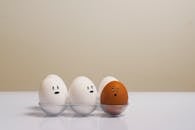




Image search results for Different






Cite this Source
- APA
- MLA
- CMS
Antonyms for Different. (2016). Retrieved 2023, April 11, from https://thesaurus.plus/antonyms/different
Antonyms for Different. N.p., 2016. Web. 11 Apr. 2023. <https://thesaurus.plus/antonyms/different>.
Antonyms for Different. 2016. Accessed April 11, 2023. https://thesaurus.plus/antonyms/different.
WiktionaryRate these synonyms:3.0 / 3 votes
-
differentadjective
Antonyms:
identical, similar, same, alikeSynonyms:
distinct -
differentadjective
The different ideal.
Antonyms:
similar, same, alike, identicalSynonyms:
distinct -
differentadjective
Various, assorted, diverse.
Antonyms:
same, identical, alike, similarSynonyms:
distinct -
differentadjective
Distinct, separate; .
Several different scientists all reached this conclusion at about the same time.
Antonyms:
similar, identical, same, alikeSynonyms:
distinct -
differentadjective
Unlike most others; unusual.
Synonyms:
distinctAntonyms:
alike, same, identical, similar
English Synonyms and AntonymsRate these synonyms:5.0 / 2 votes
-
different
Antonyms:
akin, alike, analogous, equal, equivalent, homogeneous, identical, kindred, like, resembling, same, similar, uniformSynonyms:
dissimilar, distinct, heterogeneous, unlike
Princeton’s WordNetRate these antonyms:4.0 / 1 vote
-
differentadjective
unlike in nature or quality or form or degree
«took different approaches to the problem»; «came to a different conclusion»; «different parts of the country»; «on different sides of the issue»; «this meeting was different from the earlier one»
Antonyms:
same, like, identical, corresponding, duplicate, comparable, indistinguishable, cookie-cutter, synoptic, synoptical, one(a), homophonic, usual, assonantSynonyms:
unlike, dissimilar -
differentadjective
distinctly separate from the first
«that’s another (or different) issue altogether»
Antonyms:
corresponding, comparable, homophonic, synoptic, usual, one(a), same, synoptical, like, indistinguishable, assonant, identical, duplicate, cookie-cutterSynonyms:
unlike, dissimilar -
differentadjective
differing from all others; not ordinary
«advertising that strives continually to be different»; «this new music is certainly different but I don’t really like it»
Antonyms:
same, assonant, corresponding, cookie-cutter, synoptic, synoptical, usual, identical, homophonic, comparable, like, indistinguishable, duplicate, one(a)Synonyms:
unlike, dissimilar -
unlike, dissimilar, differentadjective
marked by dissimilarity
«for twins they are very unlike»; «people are profoundly different»
Antonyms:
same, like, one(a), synoptic, usual, comparable, cookie-cutter, synoptical, corresponding, duplicate, identical, indistinguishable, assonant, homophonicSynonyms:
unalike, unlike, dissimilar -
differentadjective
distinct or separate
«each interviewed different members of the community»
Antonyms:
corresponding, like, assonant, indistinguishable, synoptic, one(a), comparable, cookie-cutter, synoptical, usual, same, identical, homophonic, duplicateSynonyms:
unlike, dissimilar
Synonyms, Antonyms & Associated WordsRate these synonyms:5.0 / 1 vote
-
differentadjective
Antonyms:
similar, like, sameSynonyms:
dissimilar, unlike, contrary, opposite, contrasted, variant, diversified, manifold, various, diverse, sundry, incompatible, heterogeneous, nondescript, miscellaneous unclassifiable, unique
Editors ContributionRate these antonyms:0.0 / 0 votes
-
equivalent
Submitted by davidb on December 28, 2020
-
mannerisms
because mannerisms means to do something the same like same trait or same habit.
Submitted by anonymous on November 19, 2019
How to use different in a sentence?
-
Duncan Smith:
What we’re going to do is we will put a different offer down and say to them: ‘Look — we want to get to free trade. Now we can either start talking about that now if you are serious and you want to have a process that means we don’t end up … with tariffs etcetera after the 31st — if that’s what you want, the EU, then we are prepared to talk, but if all you are interested in doing is saying: ‘All you can have is this deal’, then the answer is: we will be prepared to leave on the 31st.
-
Donald Trump:
There is no deal, we’ll see what happens, but that deal I will say could be much different from the deal that finally emerges and it may be a much better deal for the United States.
-
Russell Begaye:
We know that they have a different job on Navajo.
-
Matt Barreto:
The difference with Bush is he has access to the Mexican American experience, which is really different than the Cuban experience, rubio’s biography is not unlike other immigrants, but Cubans had advantages that other immigrants don’t. His experiences don’t have the same resonance.
-
Godri Pollitt:
Through that work, I developed wearable tools that we can measure our exposure to lots of different chemicals within the air and other airborne factors.
How to pronounce different?
How to say different in sign language?
Translation
Find a translation for this antonym in other languages:
Select another language:
- — Select —
- 简体中文 (Chinese — Simplified)
- 繁體中文 (Chinese — Traditional)
- Español (Spanish)
- Esperanto (Esperanto)
- 日本語 (Japanese)
- Português (Portuguese)
- Deutsch (German)
- العربية (Arabic)
- Français (French)
- Русский (Russian)
- ಕನ್ನಡ (Kannada)
- 한국어 (Korean)
- עברית (Hebrew)
- Gaeilge (Irish)
- Українська (Ukrainian)
- اردو (Urdu)
- Magyar (Hungarian)
- मानक हिन्दी (Hindi)
- Indonesia (Indonesian)
- Italiano (Italian)
- தமிழ் (Tamil)
- Türkçe (Turkish)
- తెలుగు (Telugu)
- ภาษาไทย (Thai)
- Tiếng Việt (Vietnamese)
- Čeština (Czech)
- Polski (Polish)
- Bahasa Indonesia (Indonesian)
- Românește (Romanian)
- Nederlands (Dutch)
- Ελληνικά (Greek)
- Latinum (Latin)
- Svenska (Swedish)
- Dansk (Danish)
- Suomi (Finnish)
- فارسی (Persian)
- ייִדיש (Yiddish)
- հայերեն (Armenian)
- Norsk (Norwegian)
- English (English)
Citation
Use the citation below to add these synonyms to your bibliography:
Are we missing a good antonym for different?
Subjects>Humanities>History
Wiki User
∙ 11y ago
Best Answer
Copy
«equal to» or «the same as» «equal to» or «the same as»
Wiki User
∙ 15y ago
This answer is:
Study guides
📓
See all Study Guides
✍️
Create a Study Guide
More answers
Wiki User
∙ 11y ago
Copy
simularities
This answer is:
Wiki User
∙ 11y ago
Copy
Similarities.
This answer is:
Add your answer:
Earn +
20
pts
Q: What is the opposite word of differences?
Write your answer…
Submit
Still have questions?
Continue Learning about History
What is the opposite of sharecropper?
the word
hsdfsf
What is the opposite word for recession?
Recovery
What is the opposite word for liberty?
tyranny,oppression
Opposite word for wide?
narrow
What is the opposite to the word destroy?
I’m pretty sure its «Build»
Related questions
People also asked
MOSCOW INTERACTIVE
Exercise 1, p. 14

poolriveractressbuilderarchitect
Exercise 2, p. 14

My name is Anton and I’m 10 years old. I live with my mum and dad in Moscow, in Izmaylovo.
My mum’s name is Maria and she is an actress. She is very beautiful, with long fair hair. My mum is really kind and friendly, too. I do a lot of fun things with my mum. She can swim very well and we often go to the pool together.
I like to watch films with my mum in them. In her films she can be young or old. She can fly over houses and across rivers. She can even ride a skateboard on her head! She can do everything! My friends think she is a really wonderful mum!
My dad’s name is Pavel. He is tall and handsome and also very funny and kind. My dad has got an interesting job. He is an architect. The word ‘architect’ is a Greek word that means ‘the main builder’! My father makes plans for new buildings in Moscow. He also rebuilds old houses. Architects have got an important job because they make sure the places where people live and work are comfortable and attractive. I think my dad is great.
I love my wonderful family!
Exercise 3, p. 15

|
1 How old is Anton? |
|
|
2 Where does he live? |
|
|
3 What is his mother’s job? |
|
|
4 What does Anton’s mother look like? What is she like? |
|
|
5 What is his father’s name? |
|
|
6 What does he look like? What is he like? |
|
|
7 What is his job? |
|
|
8 Why have architects got an important job? |
Exercise 4, p. 15
Who is talking? Read and say Anton’s mum or Anton’s dad.
1 Anton’s mum Anton’s dad
2 Anton’s mum Anton’s dad
3 Anton’s mum Anton’s dad
4 Anton’s mum Anton’s dad
5 Anton’s mum Anton’s dad
6 Anton’s mum Anton’s dad
Exercise 5, p. 15

|
1 ugly ≠ |
beautiful |
|
2 short ≠ |
|
|
3 old ≠ |
|
|
4 boring ≠ |
*Now, use the adjectives to describe members of your family.
Exercise 6, p. 15
Over to you: Answer the questions.
|
1 How old are you? |
|
|
2 Where do you live? |
|
|
3 What is your mum’s job? |
|
|
4 What does your mum look like? What is she like? |
|
|
5 What is your dad’s name? |
|
|
6 What does he look like? What is he like? |
|
|
7 What is his job? |
Exercise 7, p. 15
Write about your wonderful family. Use the answers to the questions in Ex. 6.
Exercise 1, p. 30

railway stationtrolleyconcert hallskating rinkairportsquaretramport
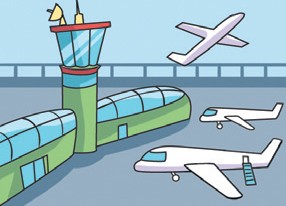 |
|
|
|
|
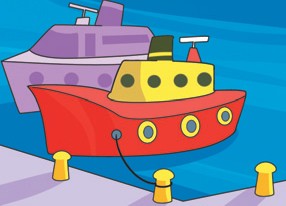 |
|
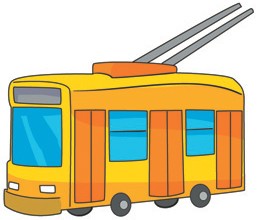 |
|
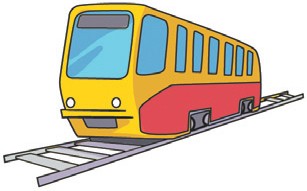 |
|
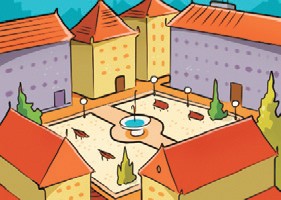 |
|
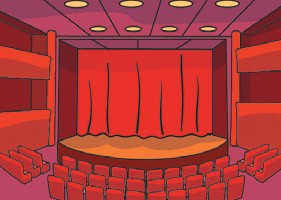 |
|
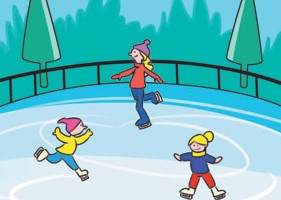 |
Exercise 2, p. 30


• Moscow is the capital city of the Russian Federation. It is an old city, around 860 years old.
• Travelling to and from Moscow is never a problem. It has got three 1) 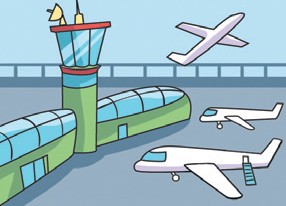
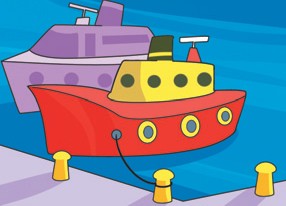
• You can go everywhere in Moscow by metro. The Moscow Metro is one of the longest in the world. The city has also got a lot of bus, 3) 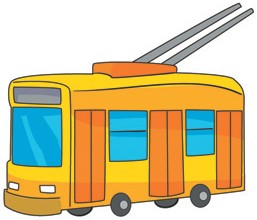
• Moscow is a very green capital. There are over 100 parks and many gardens and 4) 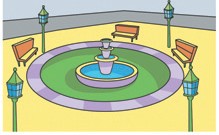
• Moscow is a capital filled with culture, too. There are over 170 theatres and 5) 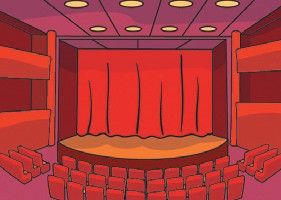
• Moscow is a great city for children, too. They can enjoy the Moscow Zoo, or go to one of the two circuses in the city. There are also two botanical gardens where children can learn about plants and trees.
• For sports lovers, Moscow is a dream city. There are five big stadiums and a lot of pools and 6) 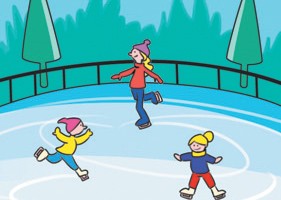
• The capital welcomes visitors from home and abroad. Today Moscow has got more than 360 hotels. A visit to Moscow will give you plenty to see and do and is definitely worth the trip!
Exercise 3, p. 30
Read the text again and say yes or no.
|
1 Moscow is around 860 years old. |
yes |
|
2 The Moscow Metro can only take you to the city centre. |
yes |
|
3 You can watch a film or a play in Moscow. |
yes |
|
4 You can’t see wild animals in Moscow. |
yes |
|
5 You can’t go ice skating in Moscow. |
yes |
Exercise 4, p. 31
Janet is a tourist in Moscow. Answer her questions.
1. How old is Moscow?
2. Are there any parts?
3. How can I travel around Moscow?
4. Where can I relax?
5. Where can I go and learn about plants and trees?
Exercise 5, p. 31
Over to you: Find some more facts about Moscow. Present them to the class.
Exercise 1, p. 52

playgroundhospitalcitizen
Exercise 2, p. 52

Today schools, kindergartens and hospitals in Moscow don’t look the same as in the past. They have got many different shapes, sizes and colours. Because these buildings are so interesting, they become the centre of each district. Architects now use modern materials and paint all kinds of designs on the front walls of schools. You can even say where your classroom is by looking at the design on the wall! There are also safe and beautiful playgrounds for sports and games near the schools.
Modern schools and kindergartens are just like robot-transformers! You can move the walls around inside the school, so you can turn classrooms into large common rooms and sleeping rooms into playrooms. How cool! Just like every person has got a different face, every building has got a different front wall, or face. Moscow schools are all different in colour and shape but they have all got one thing in common – every person and citizen can study there!
Exercise 3, p. 53

near the schools.by looking at the design on the wall.into large common rooms.the centre of each district.don’t look the same as in the past.
|
1 Modern schools, kindergartens and hospitals |
|
|
2 These buildings are |
|
|
3 You can say where your classroom is |
|
|
4 There are safe and beautiful playgrounds |
|
|
5 You can turn classrooms |
Exercise 4, p. 53

|
1 what we call schools for young children. |
|
|
2 a word that is the opposite of different. |
|
|
3 what we call the buildings we go to when we are ill. |
|
|
4 a word that is the opposite of boring. |
|
|
5 what we call places we go to when we want to have fun. |
Exercise 5, p. 53
Over to you: Imagine you are an architect. Design a new school. Think about:
1. What shape is it?
2. Is it big or small?
3. What colour(s) is it?
4. Is there a playground near it?
5. What can classrooms turn into?
Exercise 1, p. 68

cosmonautrocketmoon buggytubespace stationsatelliteorbit flightspacesuit
 |
|
|
|
|
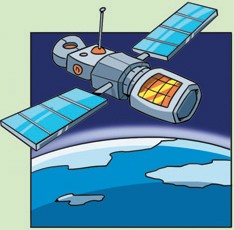 |
|
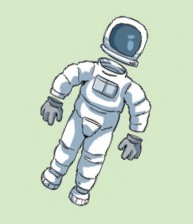 |
|
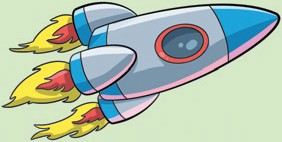 |
|
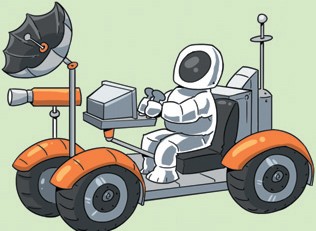 |
|
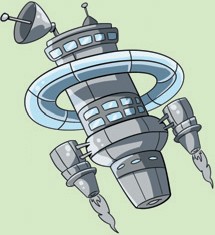 |
|
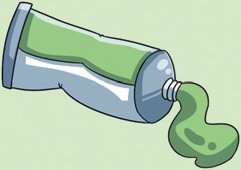 |
Exercise 2, p. 68


Would you like to go on a space trip to distant 1) 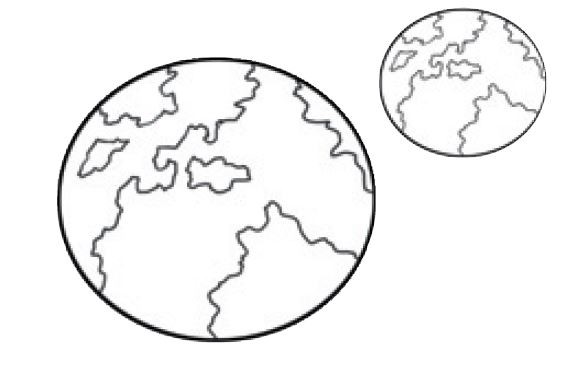
The museum opened in 1981 to celebrate the 20th anniversary of the first manned 2) 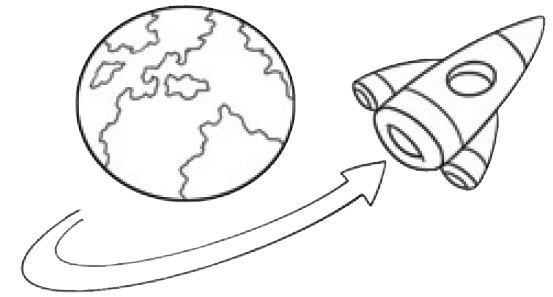
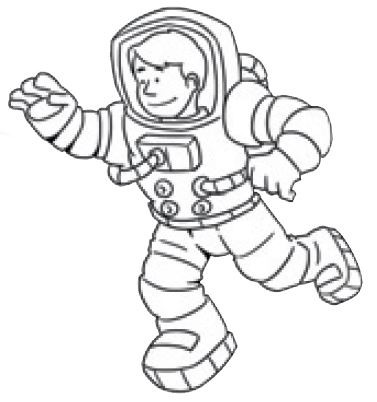
There are models of the first 4) 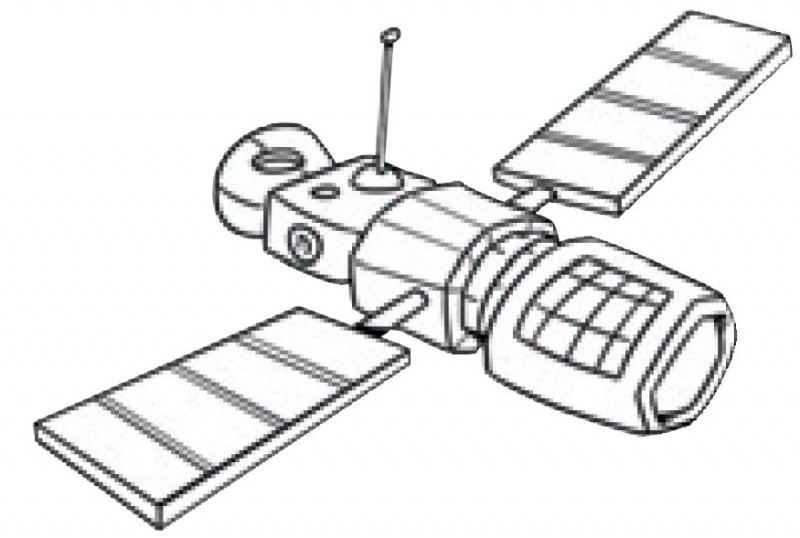
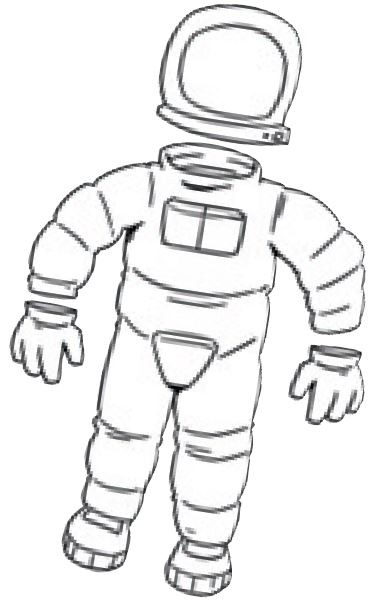
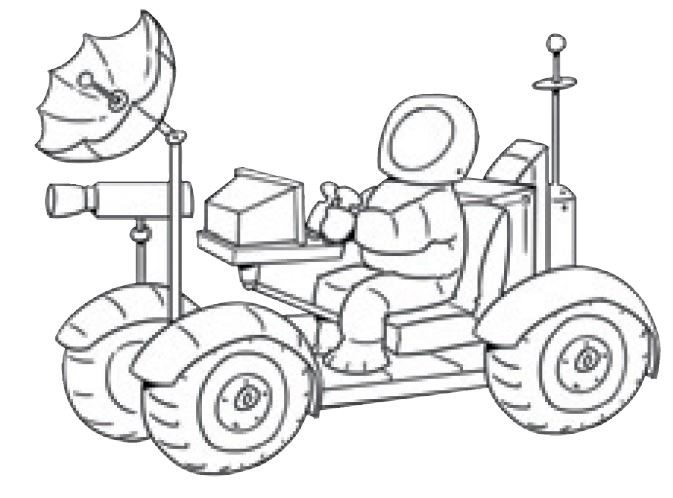
You can also see models of Belka and Strelka, the first dogs to go into orbit and come back! There is an interesting film too, about the animals preparing for the trip.
In the big hall there is an exact copy of the Mir 7) 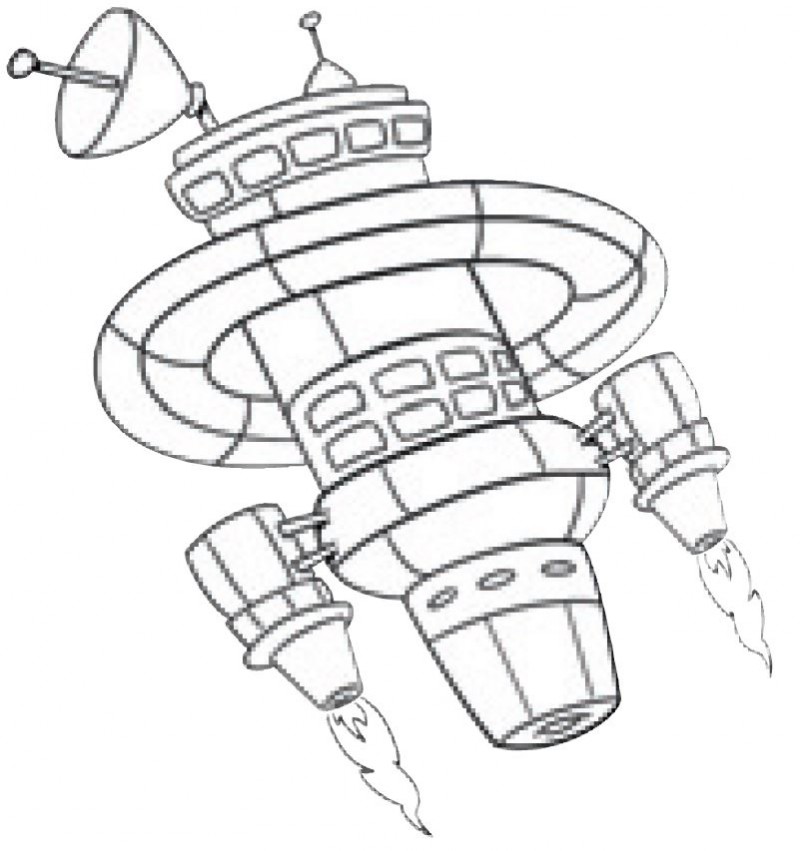

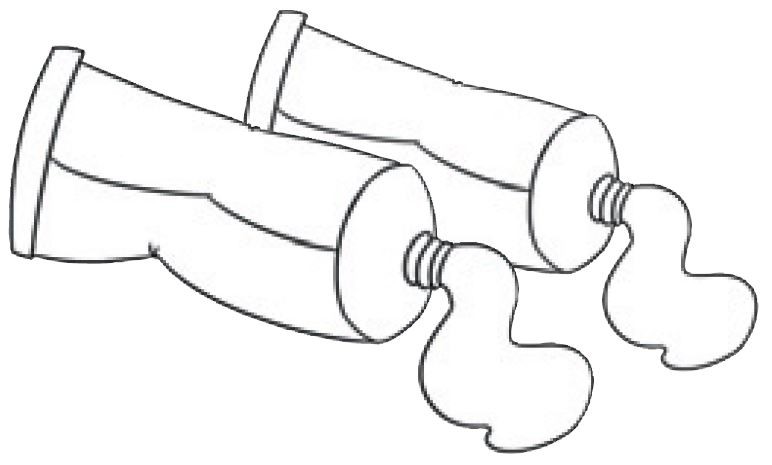
The museum organises evening activities where you can meet real cosmonauts. Wow! That’s a great way to spend an evening!
Exercise 3, p. 69

|
1 The Space Museum is at … |
|
|
2 The museum opened in … |
|
|
3 The names of the first dogs in orbit were … |
and |
|
4 You can go inside the … and see how cosmonauts live and work. |
|
|
5 You can go to the museum in the … and meet real cosmonauts. |
Exercise 4, p. 69
Think of another museum and answer the questions.
|
1 What is its name? |
|
|
2 Where is it? |
|
|
3 When did it open? |
|
|
4 What can you see and do there? |
Exercise 5, p. 69
Over to you: Write about a museum. Use the answers to the questions in Ex. 4.
Exercise 1, p. 90

pondislandforestpalacevillagestream
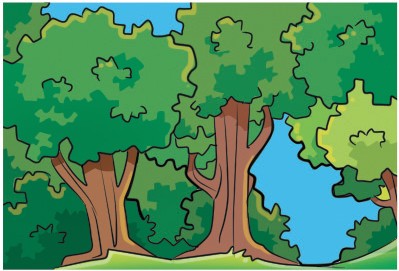 |
|
|
|
|
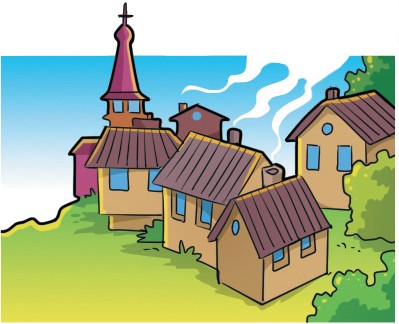 |
|
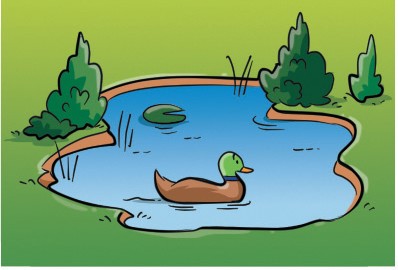 |
|
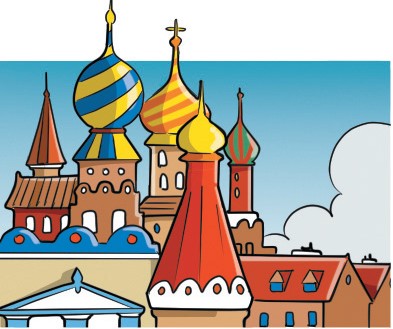 |
|
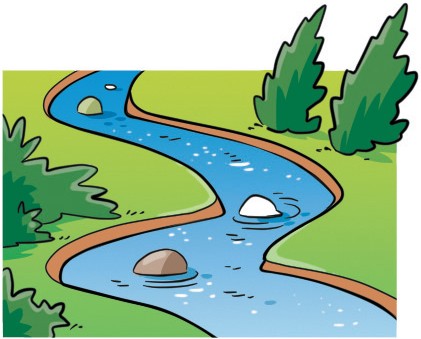 |
Exercise 2, p. 90

Moscow may be a big, busy city but there are still many green areas to enjoy. They include parks, gardens and forests. One of the biggest and most beautiful forests is in Izmailovsky Park, in the east of the city.
Izmailovsky Park has got a long history. There was a village there. Its name was Izmailovo. There’s an island in the park, too. There is an old palace on the island. There is also a pond as well as the river Serebryanka and many streams that run across the park.
A variety of amazing animals live in the park, including hares, squirrels, hedgehogs and moles. Over a hundred species of birds live there, too. You can find hawks, owls, woodpeckers and many sweet-sounding songbirds!
Izmailovsky Park is truly a place of wonder and it is the perfect place to go when you want to have a break! Today, there is a hotel near the park. You can stay there and enjoy the beauty of the area!
Exercise 3, p. 91

Exercise 4, p. 91

1 Izmailovsky Park is in the west of Moscow.
2 There was a forest in the park.
3 There is an old park on the island.
4 Today there is a village on the island.
5 Today, there is a river on the island.
Exercise 5, p. 91
Think of another park. Answer the questions.
1. What’s the name of the park?
2. Where is it?
3. What can you see there?
4. What animals live there?
Exercise 6, p. 91
Over to you: Write about a park. Use the answers to the questions in Ex. 5.
Exercise 1, p. 106

berriesdessertstatueherbsarch bridgeadtoffeelane
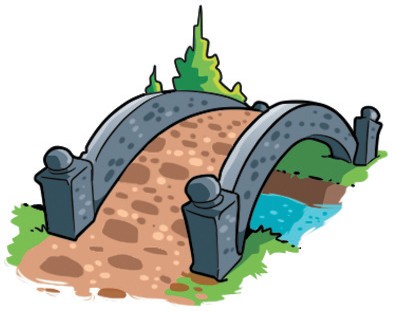 |
|
|
|
|
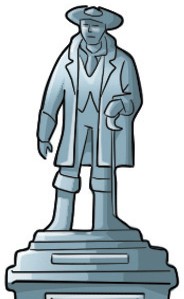 |
|
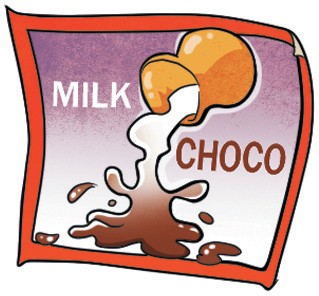 |
|
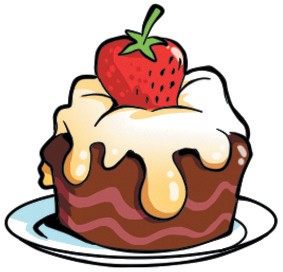 |
|
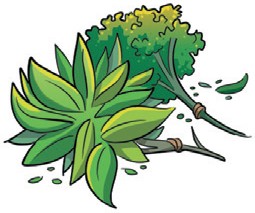 |
|
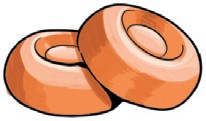 |
|
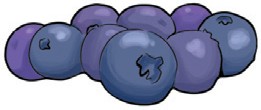 |
Exercise 2, p. 106


Moskvoretsky Bridge
Today, the Moskvoretsky Bridge in Moscow is a long 1) with eight 2) , and it’s one of the busiest bridges in the city. It is very different from the old wooden bridge which used to connect Pyatnitskaya Street and Moskvoretskaya Street. But there is one thing that stays the same. The view of the city from the bridge is amazing!
Museum of Russian Desserts “Konfektnaya”
When you visit the Museum of Russian Desserts in Merzlyakovsky Lane, 15, it feels like you just travelled back in time to a sweet shop of the 19th century! There are old posters with ads for chocolate, 3) , caramels and sweets. You can also treat yourself to a real Russian tea party with traditional desserts made from recipes of long ago! And if that’s not enough, there are even classes where you can learn how to make sugar flowers and chocolate with berries, 4) and even flowers. How delicious is that?
Yuri Gagarin monument
The Yuri Gagarin monument in Leninsky Avenue in Moscow is a fantastic monument to the first man in space. A forty-two-metre 5) of the most famous cosmonaut in the world stands on top of a very high base. It really does make Yuri Gagarin look like the superhero he was in life!
Exercise 3, p. 106

|
1 SRARCHKL |
It is an bridge with lanes. |
|
2 TESUGARA |
You can learn how to make things from there. |
|
3 SBASETAU |
It is on a very high . |
|
4 MONUMENTSC |
This is in Leninsky Avenue. |
|
5 SSWEETSHOPUG |
It looks like a from the past. |
|
6 AVIEWMZILN |
The from there is amazing! |
Exercise 4, p. 107
Which of the places do the sentences in Ex. 3 refer to?
Read again and say.
| 1 |
Moskvoretsky Bridge |
| 2 |
Moskvoretsky Bridge |
| 3 |
Moskvoretsky Bridge |
| 4 |
Moskvoretsky Bridge |
| 5 |
Moskvoretsky Bridge |
| 6 |
Moskvoretsky Bridge |
Exercise 5, p. 107
Think of another interesting place in Moscow and answer the questions.
1. What is its name?
2. Where is it?
3. What is special about it?
Exercise 6, p. 107
Over to you: Make a poster about an interesting place to visit in Moscow. You can use the answers to the questions in Ex. 5. Present the poster to the class.
Exercise 1, p. 16

tilewheelchairrampblindlift
Exercise 2, p. 16

People are often not as understanding as they should be towards those who are different or have special educational needs. The most important thing that we must all remember is that we should treat everyone with respect.
In Moscow, the government and all the citizens try to make the city as people-friendly as possible. For example, there are wheelchair ramps, special lifts and even special tiles and signals for the blind. But is this enough? We should also give every citizen the opportunity to express themselves and develop their talents. In Moscow many organisations work with this goal in mind. One of them is a centre called ‘Integration’. Their motto is ‘Culture that is available for everyone!’ At the centre they work hard to make sure that everyone accepts and respects other people’s differences. The people at the centre encourage people with special needs to express themselves through music, poetry, literature and art. Because we are all equal when it comes to creativity!
Exercise 3, p. 17

make the city people-friendly.ramps.with respect.and signals for the blind.is called ‘Integration’.through music, poetry, literature and art.
|
1 We should treat everyone |
|
|
2 In Moscow the government and the citizens try to |
|
|
3 There are wheelchair |
|
|
4 There are special tiles |
|
|
5 A centre in Moscow |
|
|
6 People with special needs at the centre express themselves |
Exercise 4, p. 17

blindmindspossibleability
Exercise 5, p. 17
Over to you: You are members of a new centre for people with special needs. In groups, think of a name and a motto for the centre. Make a poster. Draw or attach some pictures.
Exercise 1, p. 32

tentcactusmazewalnutlollipop
Exercise 2, p. 32


Everybody loves jam! Chefs from all over the world come to Moscow in August to take part in the Moscow Jam Festival. They bring a lot of different kinds of jam with them.
Every summer you can see big 1) 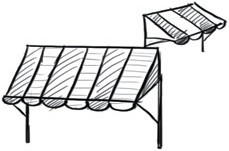
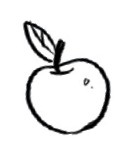

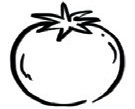
There are also many different competitions to choose from such as ‘Guess what flavour this jam is?’ Could you tell the different jams apart? There are many other fun activities too. Sometimes chefs make huge 5) 
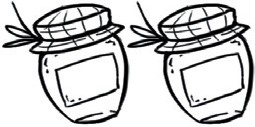
Exercise 3, p. 33

|
1 The Moscow Jam Festival is in the summer. |
yes |
|
2 You can see big tents only in Arbat Street. |
yes |
|
3 You can taste different kinds of jam. |
yes |
|
4 You can take part in a competition. |
yes |
|
5 Chefs make small lollipops for the visitors to taste. |
yes |
|
6 You can see paintings of jam. |
yes |
Exercise 4, p. 33
Imagine you are a famous chef. Make your own unusual jam. Present it to the class.
Exercise 5, p. 33
Think of a festival and answer the questions.
1. What is the name of the festival?
2. When is it? Where?
3. What can you see and do there?
Exercise 6, p. 33
Over to you:Write about a festival. Use the answers to the questions in Ex. 5.
Exercise 1, p. 54

towerdestroyfountainpavilion
Exercise 2, p. 54


Catherine II diedit was worth the waiteven musical fountainsshe wanted to build her royal palace thereshe didn’t like what she saw
The Tsaritsyno state museum and reserve is the biggest park in Moscow. Empress Catherine II of Russia loved the beauty and nature of the area, which at that time was called Bogorodskoye, and .
In 1776, the famous architect Vasily Bazhenov started to build the royal palace. Nearly ten years later, it was almost ready. But when the Empress visited the palace, and ordered the builders to destroy everything! Another architect, Matvey Kazakov started to rebuild the palace in 1786. Sadly, in 1796, all construction stopped because . It was another 200 years before the final completion of the palace, but !
Today you can see beautiful palaces, pavilions, towers, bridges, ponds and ! The beauty of the palace attracts many visitors and there are also exhibitions, concerts and music festivals that you can go to. A visit to the Tsaritsyno museum and reserve is a fantastic and enjoyable day out for all the family!
Exercise 3, p. 55

music festivals that you can go to.because she didn’t like it.because the Empress died.to build the royal palace In 1776.to rebuild it in 1786.in Moscow.
|
1 The Tsaritsyno state museum and reserve is |
|
|
2 The famous architect Vasily Bazhenov started |
|
|
3 The Empress ordered the builders to destroy the palace |
|
|
4 Matvey Kazakov started |
|
|
5 The construction work stopped in 1796 |
|
|
6 Today there are exhibitions, concerts and |
Exercise 4, p. 55

|
1 Catherine II of Russia was born in 1729. |
EMPEROR |
|
2 We visited the reserve and admired the of the area. |
BEAUTIFUL |
|
3 The architect ordered the to destroy everything. |
BUILD |
|
4 There are a lot of in the museum. |
EXHIBIT |
|
5 A visit to the museum is an day out for the whole family! |
ENJOY |
Exercise 5, p. 55
Think of a museum and answer the questions.
1. What is the name of the museum?
2. Where is it?
3. What do you know about its history?
4. What can you see and do there?
Exercise 6, p. 55
Over to you: Write about a museum. Use the answers to the questions in Ex. 5.
Exercise 1, p. 70

sharepoliticiancluemobile phonepoet
Exercise 2, p. 70


Join the users of Discover Moscow Photo and learn the history 1) of/in your country! Take selfies and share them 2) to/with your friends.
Discover Moscow Photo is an interesting way 3) of/to learn the history of Russia and meet famous people from the past. You can meet and take photos with great writers, poets, composers, artists and politicians.
Look 4) at/for these people with the help of clues on your mobile phone and take selfies with well-known people such 5) as/like Alexander Pushkin, Pyotr Tchaikovsky, Yuri Gagarin and many others!
By using the application you can:
• find 3D models 6) of/from famous people in the streets of Moscow;
• learn to recognise famous buildings as well 7) so/as places built by famous people;
• take and share photos!
So, what are you waiting 
Exercise 3, p. 70

1 Discover Moscow Photo helps you learn the history of .
2 You can take selfies and share them with your .
3 You can find famous people with the help of on your mobile phone.
4 You can see models of famous people in the streets.
Exercise 4, p. 71

He was a composerHe was a poetHe was a writerHe was an artist
Exercise 5, p. 71

Exercise 6, p. 71
Over to you: Visit the Discover Moscow site, www.um.mos.ru/en/. Choose a monument or a personality. Present it to the class.
This is … . He was a(n) … . This is … . It’s in … .
Exercise 1, p. 92

tabletlaptopoverhead projectorheadset
Exercise 2, p. 92

Going to school in Moscow is really cool! Moscow schools are modern and well-equipped, and are among the best in the world!
New technology is everywhere! To start with, Moscow pupils use electronic cards ‘Moskvenok’ to enter their schools and parents use an electronic mark-book to check their children’s marks. In many of the classrooms there is an overhead projector or an interactive whiteboard. Today, pupils and teachers use computers, laptops, science labs, 3D-printers and other equipment. Of course, pupils still use textbooks to study, but now they also have a chance to take virtual tours, watch educational videos and even communicate with their classmates and teachers on the Internet. It’s all so interesting!
So if Moscow schools are cool today, just imagine what they will be like in the nearest future! Perhaps pupils will fly to school in small cars which will run on energy from the sun! They won’t use notebooks for writing because they will do all their homework on personal tablets instead! They will also use special virtual reality headsets to study subjects like Geography, Physics and Biology. And what about teachers? Imagine a future where robots will sometimes teach pupils instead! The future looks very exciting for Moscow schools!
Exercise 3, p. 93

personal tabletselectronic mark-bookvirtual reality headsetsvirtual tourselectronic cards
|
1 Pupils use these to enter their schools. |
|
|
2 Parents use this to find their children’s marks. |
|
|
3 Pupils take these to watch education videos. |
|
|
4 Pupils may do all their homework on these in the future. |
|
|
5 Pupils may use these to study subjects like Geography, Physics and Biology. |
Exercise 4, p. 93

1 There (not/be) any schools, but learning centres instead. They (be) open seven days a week, 24 hours a day.
2 Students (hear) and see teachers on computers. Teachers (not/be) present.
3 Students (take) a learning pill and they (know) everything straight away.
4 Robots (go) to the students’ houses every morning and (teach) them.
5 Students (visit) other planets on school trips.
Exercise 5, p. 93
Over to you: What will schools be like in the future? Make predictions. Present them to the class.
Exercise 1, p. 108

canteengo raftingexpeditiongo hiking
Exercise 2, p. 108


go to a summer camphelp cook meals over a campfireplay and chat with your friendswhere everyone eatswork out how to get therelearn computer programming
All children love holiday time! There are lots of ways to spend your holidays: you can go to the countryside, travel with your family or .
There are many different types of summer camps to choose from. At some camps, you can sleep in tents, , go hiking and even go rafting. There are also ordinary camps, where everything is just like it is at home – comfortable rooms with a real bed and a canteen .
The most important reason to choose a camp is the programme it offers. Many children choose a programme which can help them improve their English or or learn about robotics. Every day in camp is interesting and full of fun. You can take part in expeditions or contests, go to the beach or pool, dance or !
Organising holidays at a camp is not easy – in fact, it’s quite hard work! You have to decide on the right programme, choose the camp and . It is easy to choose the right camp in Moscow, because an organisation called MOSGORTUR does it all for you. Thanks to MOSGORTUR, every year 60,000 children enjoy a fabulous time at summer camp. Happy holidays!
Exercise 3, p. 109

programmingbedsraftingcamptime
|
1 holiday |
|
|
2 summer |
|
|
3 go |
|
|
4 comfortable |
|
|
5 computer |
1 It’s ! We can go to the countryside.
2 I want to go to a and make lots of friends.
3 We can on the Katun River.
4 If you don’t like sleeping in a tent, the camp has got rooms with in them.
5 I want to go to university and study .
Exercise 4, p. 109

|
Woman: |
MOSGORTUR. 1) What/How can I help you? |
|
|
Max: |
Hello. I’d like 2) any/some information about summer camps. |
|
|
Woman: |
Certainly. What kind of a summer camp are you looking 3) at/for ? |
|
|
Max: |
I want to go to a camp where I can 4) improve/better my English. | |
|
Woman: |
Well, there’s the Language Summer School. You can also learn another language there if you want. | |
|
Max: |
That’s great! 5) Which/Where can I find some more information? | |
|
Woman: |
You can visit 6) my/their website. | |
|
Max: |
Thank you for your help. | |
|
Woman: |
My pleasure. |
Exercise 5, p. 109
Think of a perfect summer camp and answer the questions.
|
1 What is its name? |
|
|
2 Where is it? |
|
|
3 Where do children sleep? |
|
|
4 What kind of a programme does it offer? |
Exercise 6, p. 109
Over to you: Make a poster of your perfect summer camp. Use the answers to the questionsin Ex. 5. Present the poster to the class.
It is difficult to find antonyms for words. What are antonyms and examples of their enrichment of the Russian language. What is the antonym
Antonyms are words that are different in sound and have opposite meanings: lie is true, evil is kind, to be silent is to speak. Examples of antonyms show that they refer to the same part of speech.
Antonymy in Russian is presented much narrower than synonymy. This is due to the fact that only words enter into antonymic relations that are related in terms of quality (good — bad, native — alien, smart — stupid, thick — rare, high — low), temporary (day — night, early — late), quantitative (the only one — multiple, many — few), spatial (spacious — close, large — small, wide — narrow, high — low) signs.
There are antonymic pairs denoting the names of states, actions. Examples of antonyms of this kind: rejoice — grieve, cry — laugh.
Types and examples of antonyms in Russian
In terms of structure, antonyms are divided into different roots (morning — evening) and one-root (go in — go out). The opposite of meaning for single-root antonyms is caused by prefixes.
However, it should be remembered that the addition to adverbs and prefixes without-, not— in most cases, attaches to them the meaning of a weakened opposite (high — low), so the contrast of their values turns out to be «muted» (low — this does not mean «low»).
Based on this, not all prefix formations can be attributed to antonyms, but only those that are the extreme points of the lexical paradigm: strong — powerless, harmful — harmless, successful — unsuccessful.
Antonyms, as well as synonyms, are closely related to ambiguity: empty — serious (conversation); empty — full (cup); empty — expressive (look); empty — meaningful (story). Examples of antonyms show that different meanings of the word «empty» are included in different antonymic pairs. Unambiguous words, as well as words with specific meanings (iambic, pencil, desk, notebook, etc.) cannot have antonyms.
Among the antonyms, there is also the phenomenon of enantiosemia — this is the development of mutually exclusive, opposite meanings of some ambiguous words: to carry (to the room, to bring) — to carry (from the room, to take away); abandoned (phrase just spoken) — abandoned (abandoned, forgotten). The meaning in such cases is specified in the context. Often, enantiosemia is the cause of the ambiguity of certain expressions. Examples of antonyms of this kind: he listened to the report; the director looked at these lines.
Contextual antonyms: examples and definition
Contextual antonyms are words opposed in a specific context: moonlight — sunlight; not a mother, but a daughter; one day — all life; wolves are sheep. The polarity of the meanings of such words in the language is not fixed, and their opposition is an individual author’s decision. The writer in such cases reveals the opposite qualities of various concepts and contrasts them in speech. However, these pairs of words are not antonyms.
Antonyms are words, belonging to the same part of speech, differing in spelling and sound, and meaning directly opposite concepts.
One part of speech is not the only condition under which words of the opposite meaning can be called antonyms. There must be some common feature between these words. That is, both concepts should describe feeling, or time, or space, or quality and quantity — in which case they will be antonyms.
Examples of antonyms
Let’s analyze this definition with examples.
Antonym for the word «Before»
The antonym for the word «before» will be the word «now»… Both words are adverbs — “when? before ”and“ when? now». Both of them are united by a common feature — the description of time. But if the word «before» describes a situation or event that took place sometime in the past, then the word «now» refers to the present. Thus, the words are opposite in meaning and are antonyms.
Antonym for the word «Friendly»
The antonym for the word «friendly» is the word «Unfriendly»… Both concepts refer to one part of speech — the adverb. As the rule requires, they are united by a common feature — that is, they describe an emotional shade. But if the word «friendly» means joy and pleasure (for example, from someone’s presence), then «unfriendly» has the exact opposite meaning — the one whose appearance or speech is characterized by this word is clearly not happy about anything.
Antonym for the word «Tears»
The antonym for the word «tears» will be the word «laughter». Both concepts refer to nouns, both of which describe an emotional action. But if in the first case the emotion is clearly negative — tears of grief, tears of sadness, tears of pain — then the word «laughter» means joy, happiness and fun. Words are opposite in meaning — and therefore they are antonyms.
Other popular antonyms
Below is a list of words and their antonyms.
- The word «Synonym», the antonym is «Antonym».
- The word «Interesting», the antonym — «Boring».
- The word «Wind», the antonym — «Quiet».
- The word «Find», the antonym — «Lose».
- The word «Fresh», the antonym — «Spoiled, stale.»
- The word «Beautiful», the antonym — «Disgusting, terrible.»
- The word «Snow», the antonym — «Rain».
- The word «Waited», the antonym — «Sudden, unexpected».
- The word «Carefully», the antonym — «Careless».
- The word «Sun», the antonym — «Moon».
- The word «Day», the antonym — «Night».
- The word «Fast», the opposite is «slow».
We hope you now know what an antonym is.
How nice it is to see and listen to an interesting person. I always admire people who know the word. I hope you share my opinion.
There are very few sources of quality language in our children’s environment today. Just very little.
Which exit? This environment must be created. I already talked about this in an article about the theatrical activities of children. Word games give good results for the mind and speech. ,for example, when we are looking for a word that is opposite in meaning to the given one, thinking is accelerated.
An antonym is a word that is the opposite of a given one in meaning.
For preschoolers, the expression «enemy words» is more understandable. But you can introduce the concept of «antonyms to the word.» I usually tell the kid: “Now we will look for the“ enemy words ”. They are also called «antonyms». You will learn this word at school. So remember, it will still be useful to you. «
Believe the experience, the preschooler will definitely try to remember and flaunt in front of his friends and parents. Sometimes this can be explained to schoolchildren, if the search for antonyms is news to them. And these are not only first grade students.
The game. Finish the sentence and name the «enemy words»
Instruction. «You and I will come up with proposals: I will come up with a beginning, and you will come up with an end.»
- the mosquito is small, and the elephant;
- the fluff is light, but the stone;
- mustard is bitter and sugar;
- the bush is low, and the tree;
- the compote is cold, and the soup;
- thick sour cream, and milk;
- narrow brook, river;
- it is dark at night and during the day;
- sugar is sweet and lemon;
- walk with their feet and throw;
- the kindergarten is close, but the school;
- the tape is narrow and the belt;
- the stream is shallow and the lake;
- the lark sings, and the crow;
- the plane flies high, and the helicopter;
- the turtle crawls slowly, the hare gallops;
- there is a lot of water in a saucepan, but in a glass;
- the buyer buys and the seller;
- hot in summer and winter;
- they have breakfast in the morning, and at noon;
- salt is salted, and sugar;
- the children are responsible, and the educator;
- children leave kindergarten in the evening, and in the morning;
- fruits grow on the tree, and in the garden;
- flowers appear on trees in spring, and in autumn;
- get out of bed in the morning, and in the evening;
- the skyscraper is tall, and the hut;
- birds fly and snakes;
- they dine at noon, and in the evening;
- the viewer watches the movie and reads the book;
- there is dirt on the street, but in the house;
- the trunk of the tree is thick, and the twig.
- pencil draws and eraser
The game. Say the opposite
Instruction. «I will tell you a word, and you say the other way around» (give an example)
| night -; breakfast -; evening -; enemy -; cleanliness -; cold -; war -; grass -; earth -; movement -; talker -; health -.; mind — | enter -; be silent -; gave -; get up -; undress -; raise -; laugh -; turn on -; close -; come -; appear -; eat -. | large -; black -; low -; bad -; sick -; old -; young -; wide -; thick -; narrow -; complex -; dry — .; bitter — |
Words with the opposite meaning are absent in the dictionary even of high school students. Therefore, the search for antonyms is currently relevant until the graduation class.
Learning how to search for antonyms for a word for both preschoolers and schoolchildren should start with a simple one. Schoolchildren may resent the simplicity. Explain to warm up. Complicate: answer directly «in flight». Typically, guys with limited vocabulary already have a loser complex. By immediately proposing complex (for example, abstract) words, you can get a complete rejection of classes.
Semantic opposites in verses
It’s time for you and me to Play the game «On the contrary». I will say the word High, and you will answer:
Low.
I will say the word Far away, and you will answer:
(close).
I will say the word Ceiling, and you will answer:
(floor).
I will say the word Lost. And you say:
(found).
I will tell you the word Coward, You will answer:
(brave man).
Now the Beginning I will say, — Well, answer:
(end) (D. Chiardi)
I do not like the word «heat», I’m in the river, in the thick shade And in bottles of lemonade, And my name?
(Cool)
An enemy of the word «laughter». Not from joy, pleasures, I happen against my will And from happiness, and from pain, From resentment, failure. Have you guessed? — It
Source: https://apriori-nauka.ru/profilaktika/podobrat-antonimy-k-slovam-slozhnyi-chto-takoe-antonimy-i-primery.html
What are antonyms in Russian? Examples of words
Antonyms — these are words of the same part of speech with the opposite meaning. Let us indicate examples of antonyms that are words of different parts of speech.
The concept of antonyms
The variety and richness of the vocabulary of the Russian language create synonyms, antonyms, paronyms and homonyms. To find out what the linguistic term «antonyms» means, let us turn to its origin. This word is made up of the Greek prefix anti-, which means «against,» and the word «onyma» is «name.» As a result, we get the meaning of the word «antonym» — «opposite name».
Let us give a precise definition of this term.
Definition
Antonyms — these are words of the same part of speech with the opposite lexical meaning.
And here is the definition of what antonyms are given by Wikipedia:
Antonyms (Old Greek ἀντι- prefix with the meaning of the opposite + ὄνομα «name») — these are words of the same part of speech, different in sound and spelling, having directly opposite lexical meanings, for example: «truth» — «lie», «kind» — «evil», «speak» — «be silent.»
Antonyms, unlike synonyms, have exactly the opposite lexical meaning:
- smart — stupid;
- day Night;
- cordially — hostile.
Antonyms, as a rule, are words of the same part of speech that answer the same question. They characterize an object, feature or phenomenon from the same side, pointing to the same quality, but the opposite in meaning. These words make up antonymic pairs.
Word examples
Here are examples of antonyms belonging to different parts of speech.
Nouns-antonyms
- sunrise — sunset;
- good evil;
- morning evening;
- peace is war;
- fire water;
- a hard worker is a slacker;
- summer Winter;
- friend — enemy;
- sadness is joy;
- chatterbox — silent;
- courage is cowardice.
Adjectives-antonyms
- dirty — clean;
- brave — cowardly;
- loud — quiet;
- wide narrow;
- thick — thin;
- long short;
- strong — weak;
- high Low;
- feminine — masculine;
- light dark;
- distant — close.
Verbs-antonyms
- to be silent — to speak;
- run — stand;
- to rejoice — to be upset;
- it got dark — dawn;
- to scold — to praise;
- take — give;
- build — break;
- protect — offend;
- get wet — dry.
Adverbs-antonyms
- in winter — in summer;
- in the morning — in the evening;
- on foot — running;
- interesting — boring;
- early late;
- in front — behind;
- always — never;
- here — there;
- deep — shallow.
What do antonyms mean?
After observing the antonyms, we will find out that they express different relationships:
1.temporal
- end — beginning;
- during the day — at night;
- early — late;
2.spatial
- far close;
- left right;
- inside Outside;
3.high quality
- love is hate;
- anger is kindness;
- cheerful — sad;
- young — old;
4.quantitative
- a lot — a little;
- excess — lack;
- expensive — cheap.
Single root antonyms
In the vocabulary of the Russian language, pairs of antonyms with different roots and one-root antonyms are distinguished. A pair of single-root antonyms are words that have the same root in the morphemic composition, but differ in opposite prefixes:
- to carry — to bring;
- insert — expose;
- to run away — to resort;
- undress — get dressed;
- close — open;
- guess — guess.
Single-root antonyms are created by the prefix non-:
- cheerful — unhappy look;
- close — not a short way;
- loud — quiet whisper;
- simple is not an easy task;
- few — many questions.
The meaning of antonyms in speech
Antonyms make our speech more imaginative and vivid.
Opposition helps to tell figuratively about completely opposite phenomena, to draw pictures of the world around that are unlike each other, to highlight one quality of an object against the background of another comparable to it, to convey more fully and accurately the feelings and experiences of people.
These words enrich any utterance, as they clarify the meaning of the words. Thanks to antonyms, speech becomes expressive, beautiful and accurate. To be convinced of this, let’s observe the statements of thinkers and famous writers.
From a bad beginning and the end is bad (Euripides).
Joys are forgotten, but sorrows — never (M. Yu. Lermontov).
To love good, you need to hate evil with all your heart (F. Wolf).
Both evil and good — everyone receives a reward for their actions (J. Goethe).
Antonyms in proverbs
There would be no happiness, but misfortune helped.
Prepare the sleigh in the summer and the cart in the winter.
You don’t know where you will find it, and where you will lose it.
Not salted on the table, salted on the back.
They are greeted by their clothes, they are escorted by their minds.
The truth in the fire does not burn and does not sink in the water.
The well-fed does not understand the hungry.
The morning is wiser than the evening.
Talk less and do more.
At first it is thick, but at the end it is empty.
A foolish person is looking for a place, but a reasonable one can be seen in the corner.
White bread will be born on the black earth.
He who knows a lot sleeps a little.
They did it early, but galloped late.
A full ear tilts to the ground, and an empty ear stretches to the sky.
Contextual antonyms
Words can enter into antonymic relations depending on the meaning of the context. Such words become antonyms in a certain message at the will of its author.
Contextual antonyms clarify the writer’s thought, make it figurative and help to create a complete description of the described phenomenon or object.
With their help, it is possible to express the ultimate opposition between the considered phenomena of reality, the qualities of objects, the feelings of people. Contextual antonyms are volumetric and accurately express the author’s assessment of the depicted.
They got along. Wave and stone, poetry and prose, ice and fire are not so different from each other (A.S. Pushkin).
Phraseologisms-antonyms
Antonyms can be not only individual words, but also phrases and turns of speech. Stable phrases, phraseological units, can have the opposite meaning, that is, they are antonyms.
Examples
- in all shoulder blades — at a snail’s pace;
- work up your sleeves — work carelessly;
- chickens do not bite — the cat cried;
- word for word — written on the water with a pitchfork;
- a stone’s throw from here — at the devil’s place;
- seven spans in the forehead — without a king in the head;
- to fight off from hands — to pick up;
- keep a stone in your bosom — with an open mind;
- sit back — work tirelessly;
- keep your ears open — count the crows;
- sharpen the fringes — collect water in your mouth;
- to sit on someone else’s neck — to live with your hump;
- from board to board — from the fifth to the tenth.
lesson
Source: https://russkiiyazyk.ru/leksika/antonimy-primery-slov.html
Antonyms are adjectives examples of words. What is Antonym? Examples. Verbs-antonyms: examples of words in Russian
Synonyms are words belonging to the same part of speech, different in spelling and pronunciation, but similar in lexical name (cheerful — joyful). Antonyms are words belonging to the same part of speech, different in spelling and pronunciation, with directly opposite lexical meanings. (funny — sad). Synonymous nouns: fun is joy, moon is month, doctor is doctor. Nouns-antonyms: minus — plus, evil — good, heat — cold.
Nouns are a group of words that give names to people, objects, abstract concepts, natural phenomena, etc. Nouns answer the questions who? or what? Among the nouns, various subgroups are distinguished according to the meaning of words. Among such subgroups are synonyms and antonyms.
What are synonyms and antonyms
Synonyms are words whose meaning is very similar. At the same time, words sound and are spelled differently and have nothing in common. For example, trouble and sorrow, doctor and doctor. These words have exactly the same meanings and can be used in the same situations. Such synonyms are called absolute.
In addition to absolute, there are partial synonyms. For example hot and hot. When describing the weather, we can say both «hot weather» and «hot weather», but with the word «tea» we can only put «hot tea». «Hot» in this case will sound silly.
Also, synonyms can be a word and a phrase. For example, morning is the beginning of the day. In this case, one word «morning» can be replaced by two words without losing the meaning.
Synonyms are used when in the text it is necessary to avoid the constant use of the same words.
Antonyms are words with the opposite meaning. Unlike synonyms, antonyms can have completely different spellings, but they can also be single-root words. The former include the words «black» and «white». The second is the example of «truth» and «untruth».
It is also worth mentioning that synonyms form a synonymous series, in which there can be an unlimited number of words. For example, nonsense, nonsense, nonsense, nonsense, nonsense Antonyms form only pairs: heavy — light, kind — evil, strong — weak.
Examples of synonyms and antonyms
To better understand the difference between synonyms and antonyms, consider a few examples:
- day — night — words could be considered synonyms, because they denote part of the day, but these are antonyms, since day is the light part, night is the dark part;
- lake — pond — synonyms. There is a difference between a lake and a pond, but these bodies of water are very similar and the words are synonymous;
- space — the universe — synonyms;
- noise — silence — antonyms.
Antonyms are words that belong to the same part of speech, differ in sound and spelling, and have exactly the opposite meaning. Belonging to one part of speech is not the only condition according to which words that have an opposite in meaning can be called antonyms; there must be a common feature between such words, for example, when both concepts describe feeling, time, space, quantity, quality, etc.
Source: https://dark-lore.ru/rasteniya-i-zhivotnye/antonimy-prilagatelnye-primery-slov-chto-takoe-antonim-primery/
Synonyms, antonyms and homonyms
- Synonyms
- Words put on and put on
- Antonyms
- Homonyms
Synonyms — these are words related to the same part of speech, different in sound and spelling, but denoting the same thing. For example:
sweet — sugar
the sun is a star
Words that are close in meaning form synonymous row:
cheat, lie, cheat, cheat
In a number of synonyms, all words refer to one part of speech (nouns, adjectives, verbs), but differ in shades of meaning. For example:
wet, wet, wet
All words are adjectives and call the same feature of an object — not dry. Each word has its own shade of meaning:
wet — slightly damp, not completely dry
wet — slightly wet, very wet
wet — completely saturated with water
Synonyms can be not only separate words, but also stable phrases (phraseological units):
deceive — lead by the nose
Words put on and put on
Words clothe и put on are not synonyms and cannot replace each other in speech.
Dress up can only someone or something, for example:
dress a doll, dress a child
I dressed the doll in a beautiful dress. I need to dress my daughter.
Put on you can only do something on yourself or on someone (for something), for example:
put on a suit, put on a ring
I put a beautiful dress on the doll. You need to put a ring on your daughter’s finger.
To make it easier to remember the difference between clothe и put on the following sentence can be used:
Put on clothes, put on Hope.
Antonyms
Antonyms — these are words that refer to the same part of speech, but have the opposite meaning. For example:
far close
a lot — a little
sunny — cloudy
Antonyms can also be single-root words, the opposite meaning in this case is usually created by negative prefixes: not-, without-, anti-, counter-. For example:
happy — unhappy
joyful — joyless
virus — antivirus
attack — counterattack
come — leave
Homonyms — these are words related to the same part of speech, the same in sound and spelling, but completely different in lexical meaning. For example:
Boxer — dog breed.
Boxer — a boxing person.
The lexical meaning of homonyms can be distinguished only in context, that is, in phrases and sentences, since a separate word does not allow determining its meaning:
paint brush — hand brush
Homonyms are divided into complete and incomplete. Complete homonyms — these are words of one part of speech, the same sound and spelling, but have different meanings. Examples of full homonyms are given above. There are three types of incomplete homonyms in Russian: homographs, homophones and homoforms.
- Homographs — these are words of one part of speech, differing in stress, that is, different in pronunciation and meaning. For example:
castle with large windows — a reliable lock
- Homophones — these are words of the same part of speech, differing in spelling and meaning, but having the same pronunciation. For example:
ball — point, ghost — cast
- Omoforms — these are words of different parts of speech, having the same spelling and pronunciation, but differing in meaning. For example:
Russian oven (noun) — to bake pies (also:)
sharp saw (noun) — drank tea with cookies (also)
Source: https://naobumium.info/russkiy/sinonimy.php





